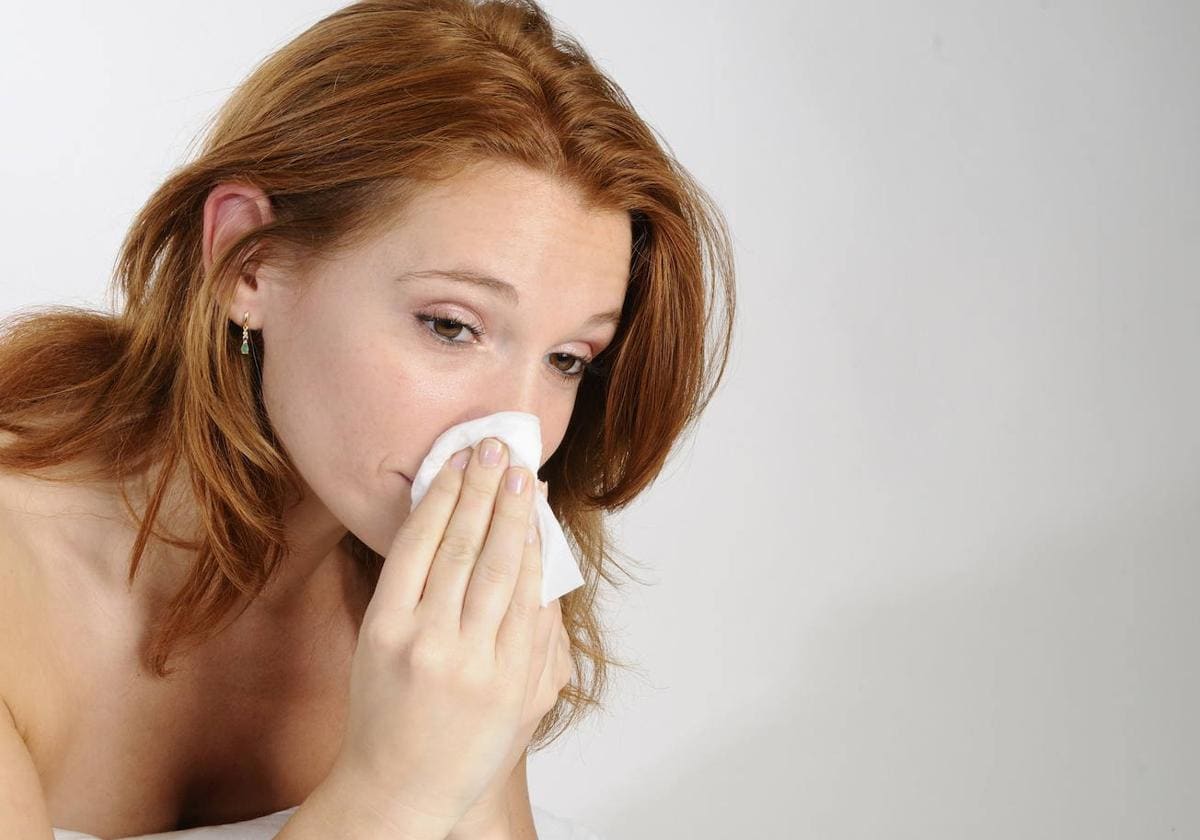A study has shown a link between low vitamin D levels and colds, which means sunlight and vitamin D-rich foods may help stave off infection. That’s why colds and flu are more common in winter. But be careful, it can happen in summer too. Have a cold in summer? Well, yes, and it happens more often than we think.
In Spain, heat waves wreak havoc during the summer due to sudden temperature changes, such as the use of air conditioning indoors. These conditions exacerbate the effects of these diseases and have a significant impact on people’s health. So, jot down these points to avoid summer flu or cold.
– Watch out for the air conditioner. Air conditioning equipment can irritate our nasal mucosa and facilitate the entry of rhinoviruses.
– Be wary of drafts. They can have an effect similar to that of an air conditioner.
– Use sunlight carefully. Vitamin D is essential for the health of your bones and teeth, as well as the absorption of calcium in your gut, and plays an important role in your nerves, muscles and immune system.
– Avoid sudden temperature changes. It is normal to want to turn on the air conditioner after returning home, but try to gradually change from hot to cold to let the body adapt.
– Constantly hydrated. In summer we sweat more and are more prone to dehydration. Drink water frequently and eat more foods such as watermelon, which can provide us with a lot of water.
– Food is key. Increase your intake of vitamin D-rich foods, fruits and vegetables.

